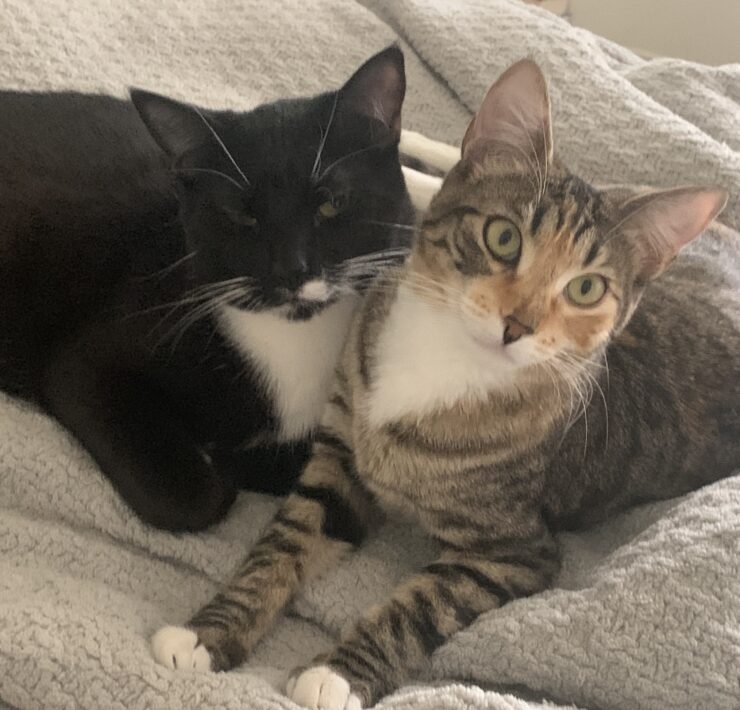Love in the digital era

Columnist Brent Heinze is a licensed professional counselor in private…

Today’s school-aged kids may never know what it’s like to hand-write a school paper; many are learning keyboarding while or even before they learn to write.
But even adults have seen their lives change in the digital revolution. There’s now less need to meet friends in public places when we can safely cruise around a computer screen. We have traded talking for typing, natural emotional expressions for “:-(“ and “lol,” and mingling for endless online chatter.
The Internet is amazing for connecting us intellectually, culturally and socially – but despite all the ways it helps us, it can also dissuade us from interacting in person. The older I get, the more I wonder how we can embrace technology while preserving face-to-face connections. Online communication should be a tool, not a replacement.
Some very concerning behaviors can arise from excessive reliance and comfort from the Internet. For those of us who use technology to communicate with each other socially and sexually, we can risk losing the desire or ability to connect in the real world. It’s amazing to consider how many hours of online chatting can only produce a short spurt of physical interaction. Worse than that, it keeps some from physical contact altogether.
I wish social sites included a classification system to designate the type of surfer each user is. Options could include, “seriously looking to meet,” “playing games and will probably never meet,” or “I’ve been up for three days and really don’t care who or what I’m doing.” Unfortunately many of us who are serious about meeting are playing in the same sandbox as those who are playing a game of keep-away.
Some people get off on being rude and hurtful, while others, who are directly discriminatory, use an online persona to act like a prick. It can also be used as an arena where some people feel they can spout off ignorant, venomous comments without fear of accountability or retaliation. Our society values freedom of speech, but anonymous speech is new. Some abuse that and act like jackasses online.
Other concerning online behaviors are not intentionally hurtful, but still cause widespread frustration.
Those include lies: fibbed statements about body type, age and intention. It could stem from fear of rejection, unresolved motives, or worst of all, getting off on playing a game with someone. Unfortunately you don’t know what type of person someone is when you strike up a chat.
Some get stuck in fantasy world with little motivation to get into the real one. Rejection and conflict are more hurtful when we are not hiding behind a computer screen, so for those sensitive to that, the Internet is a refuge. When you get into a disagreement with someone in a restaurant, there’s no “block” button, no “report user,” or no ability to screen a call and send it to voicemail.
If you struggle with these frustrations, calculate the ratio between time you spend online and time spent with contacts in person. If you are spending significantly more time at a computer, maybe it’s time for a new strategy.
Move online chats to phone conversations – a great way to determine if a connection can develop organically. After a good phone conversation, you can arrange to meet. It doesn’t have to cost a lot of money or involve significant time commitment. Meet for coffee, a walk around a park, go to an art show opening – or get naked.
What's Your Reaction?
Columnist Brent Heinze is a licensed professional counselor in private practice who works with adults, adolescents, and families. He has worked with The Denver Element and S-CAP to provide grant funded programming for gay men in Denver and Colorado Springs. He currently lives in Palm Springs, CA. Reach him by email at clubtoxic@yahoo.com.










